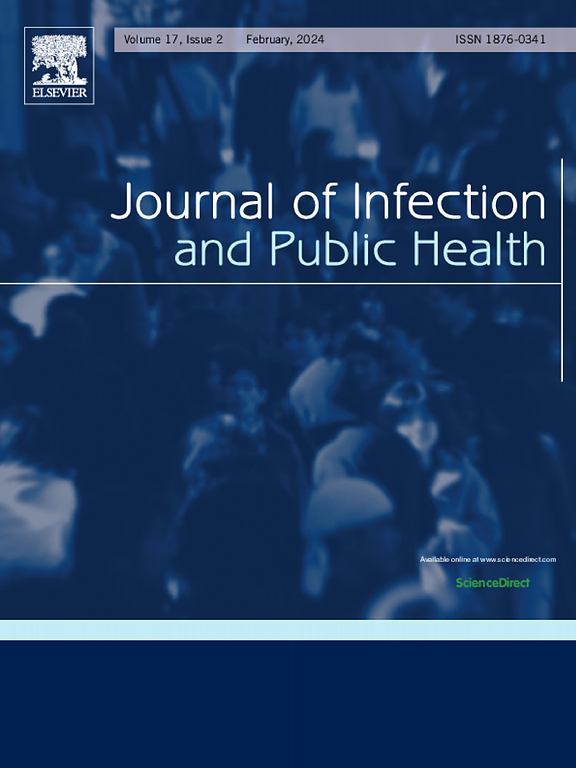视角:过分强调麻风腮疫苗会歪曲 COVID-19 的重要经验和公共卫生方法的必要性
IF 4.7
3区 医学
Q1 INFECTIOUS DISEASES
引用次数: 0
摘要
针对麻风腮的紧急通知引发了人们对 "疫苗公平 "和大规模生产额外疫苗剂量的强烈呼吁,理由是需要从 COVID-19 中 "吸取教训"。我们质疑从所谓的快速、广泛推广疫苗的需要中吸取的教训是否正确,并对过度依赖专家主导的大规模疫苗接种策略而非更多样化、针对具体情况和系统性的公共卫生策略的后果表示担忧。与 COVID-19 相比,Mpox 没有这种流行的可能性,因为它需要密切接触才能传播。此外,刚果人民面临着更为紧迫的健康负担。因此,无论疫情在什么情况下爆发,如果应对措施只注重在全球范围内采购昂贵的医疗技术,就有可能忽略民众的健康需求。作为替代方案,地方自主确定优先事项以及公共卫生和环境卫生方法是关键所在,这些方法应与相对的疾病负担相称,并利用多种具有成本效益和更广泛公共卫生效益的战略。本文章由计算机程序翻译,如有差异,请以英文原文为准。
Perspective: An overemphasis on vaccines for Mpox skewes important lessons from COVID-19 and the need for public health approaches
The emergency declarations for Mpox triggered a flurry of appeals for ‘vaccine equity’ and the mass production of additional vaccine doses, citing a need to ‘learn lessons’ from COVID-19. We question whether the right lessons have been learned in terms of a supposed need to rollout vaccines quickly and widely, raising concerns about the consequences of an overreliance on expert-driven mass vaccination strategies over more diversified, context-specific and systemic public health strategies. Compared to COVID-19, Mpox has no such epidemic potential because it requires close contact for transmission. Moreover, Congolese populations face far more pressing health burdens. Thus, the health needs of the population risk being lost within a response focused on global procurement of costly health technologies whatever the context in which the outbreak is occurring. Alternatively, locally owned prioritisation and public health and sanitation approaches are key, which should be proportionate to relative disease burdens, and which utilise a diversity of strategies that are cost-effective and with wider public health benefits.
求助全文
通过发布文献求助,成功后即可免费获取论文全文。
去求助
来源期刊

Journal of Infection and Public Health
PUBLIC, ENVIRONMENTAL & OCCUPATIONAL HEALTH -INFECTIOUS DISEASES
CiteScore
13.10
自引率
1.50%
发文量
203
审稿时长
96 days
期刊介绍:
The Journal of Infection and Public Health, first official journal of the Saudi Arabian Ministry of National Guard Health Affairs, King Saud Bin Abdulaziz University for Health Sciences and the Saudi Association for Public Health, aims to be the foremost scientific, peer-reviewed journal encompassing infection prevention and control, microbiology, infectious diseases, public health and the application of healthcare epidemiology to the evaluation of health outcomes. The point of view of the journal is that infection and public health are closely intertwined and that advances in one area will have positive consequences on the other.
The journal will be useful to all health professionals who are partners in the management of patients with communicable diseases, keeping them up to date. The journal is proud to have an international and diverse editorial board that will assist and facilitate the publication of articles that reflect a global view on infection control and public health, as well as emphasizing our focus on supporting the needs of public health practitioners.
It is our aim to improve healthcare by reducing risk of infection and related adverse outcomes by critical review, selection, and dissemination of new and relevant information in the field of infection control, public health and infectious diseases in all healthcare settings and the community.
 求助内容:
求助内容: 应助结果提醒方式:
应助结果提醒方式:


